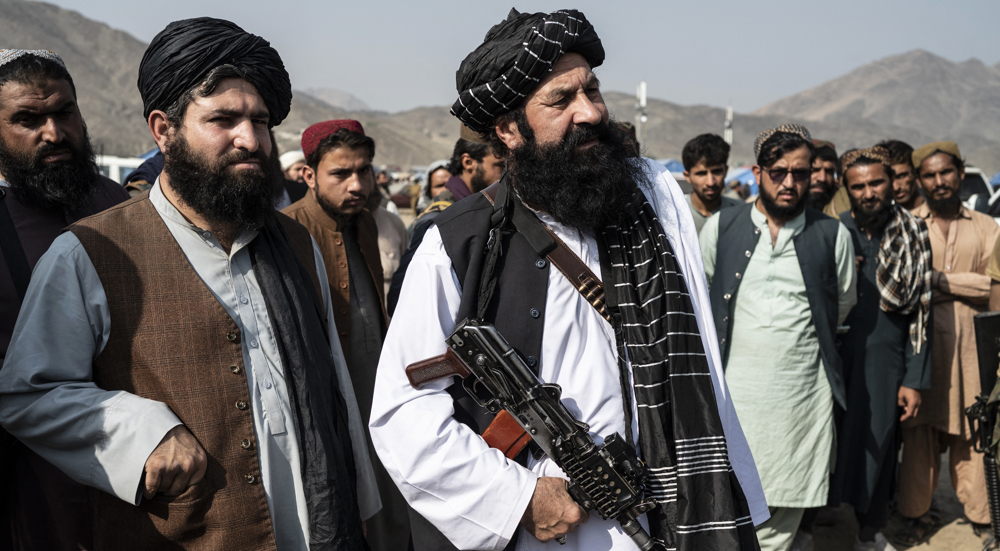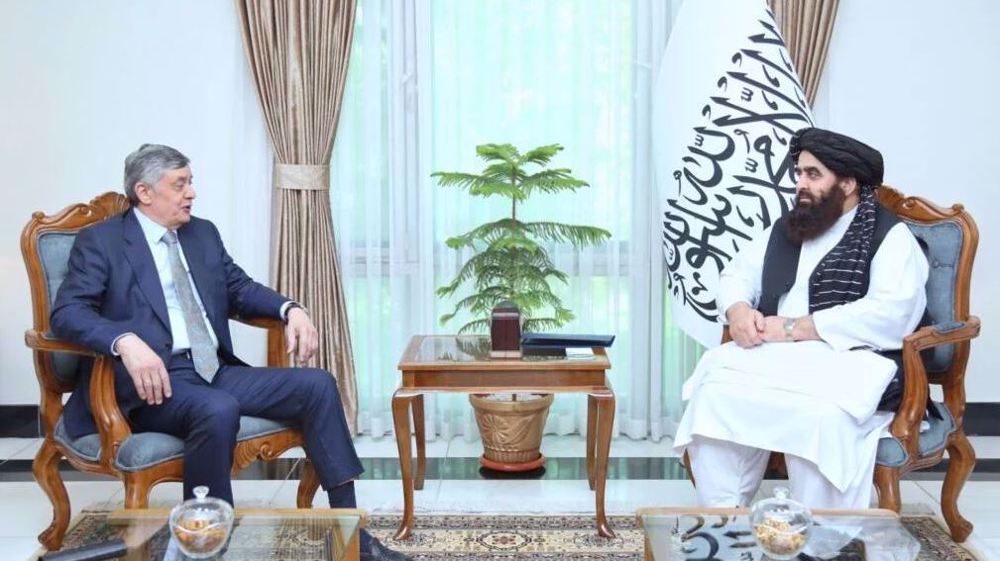Taliban threaten second key city in Afghanistan
Taliban militants have intensified fighting around the Afghan city of Ghazni, threatening to seize a second provincial capital after temporarily occupying Kunduz last month.
On Monday clashes broke out around the city of Ghazni, which is situated some 130 km (80 miles) southwest of the capital Kabul.
The Kabul government says, however, that it still holds the upper hand.
"Hundreds of Taliban attacked from two directions and the fighting is still on some 7 km away from the provincial capital," Ghazni's Deputy Governor Mohammad Ali Ahmadi told Reuters.
"The Taliban planned to attack and seize the capital but we were on the alert and repelled them," he said.
The intensified violence followed days of sporadic fighting close to the city, prompting residents to flee to Kabul or nearby districts.
Failed Taliban peace talks
Any hopes of a negotiated settlement with the Taliban were dealt a blow earlier this year, when a power struggle broke out following an announcement that the movement's founder, Mullah Omar, had died two years earlier.
Under their new leader, Mullah Akhtar Mansour, the Taliban have mounted a wave of attacks in Kabul and beyond, culminating on September 28 in the seizure of Kunduz, some 230 km (150 miles) from Kabul in the north of the country, in a carefully orchestrated offensive.
However, government forces have since wrested back control of most of Kunduz.
Kunduz Province is strategic as it is located on a crossroads that connects key regions of the country. It is also located along the country’s border with Tajikistan and could offer the militants the opportunity to establish a base in the country’s north.

Some mountainous regions in Afghanistan near the border with Pakistan and in the southern province of Helmand have long been under the control of the Taliban.
The brief seizure of Kunduz was also a stark warning of how far the Taliban has extended its influence into regions once thought secure, stretching government forces and piling pressure on President Ashraf Ghani's fragile national unity government.
The Taliban offensives against Kunduz and Ghazni represent a sharp escalation in Taliban’s influence since they were toppled in 2001.
‘All wars have rules. All of those rules have been broken’ by Israel
VIDEO | Report flags India’s violation of rights of Rohingya detainees
Turkey's foreign minister meets Syria's de facto leader in Damascus
'Next to impossible' to rescue patients from Gaza's Kamal Adwan Hospital: Director
VIDEO | Vietnam current prosperity
Report blames gasoil exports for shortage at Iranian power plants
VIDEO | Hind Rajab Foundation names Israeli war criminals vacationing after Gaza genocide
VIDEO | Australians rally for Gaza ahead of Christmas festivities










 This makes it easy to access the Press TV website
This makes it easy to access the Press TV website